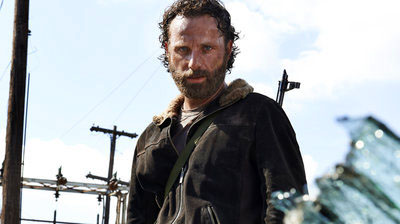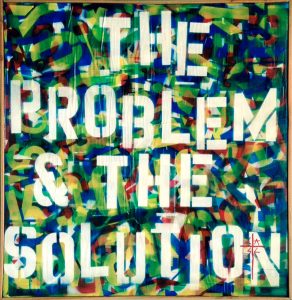WiM editor Linda Ceriello published a piece on Huffington Post, “What Popular TV Shows Reveal About Contemporary Views of Religion in Society” that touches on metamodern TV monsters.
“…The creators of TWD have ultimately presented us with a kind of thought experiment: If you knew that all your monumental effort just to sustain life might, in the end, still not be enough, could you, like our protagonists, still get busy doing what is needed to care, and to carry on? The characters’ struggles with meaninglessness—the kind bred into our postmodern age (and indeed perhaps symbolized here by a zombie apocalypse)—reflect our own. The innovation is that the creators don’t stop there. The viewer is ultimately presented with what may be called a more metamodern outlook of embracing the paradox of what it means to survive against such fundamental futilities. That is, with the endless seas of flesh-eating corpses comes a stark undercurrent of understanding about the human condition—that the choice to keep aggressively fighting them off, only to watch more undead rise in their place, is both a Sisyphean kind of ridiculous, and, at the same time, a way of actively choosing life and meaning. Are their efforts naïve? Probably. In the show’s reframing of salvation narratives, it turns out that a pretty big dose of a naïve faith in humanity is required, and, the viewer is led to hope, just may save the day.”



